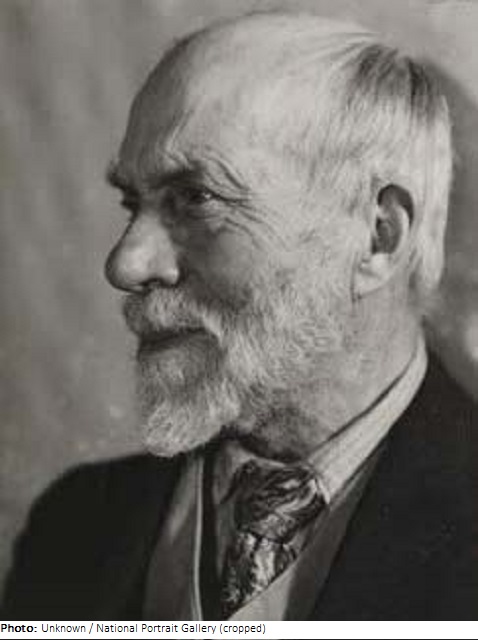Ernest Rhys

Biographical information
| Roles | Referee |
|---|---|
| Sex | Male |
| Full name | Ernest Percival•Rhys |
| Used name | Ernest•Rhys |
| Born | 17 July 1859 in Islington, England (GBR) |
| Died | 25 May 1946 (aged 86 years 10 months 8 days) in Bayswater, England (GBR) |
| NOC |  Great Britain Great Britain |
Biography
The son of a wine merchant, Ernest Rhys was born in London but worked as a mining engineer in Wales, and the north of England. He gave that up in 1885 and returned to London to pursue his love of writing, where he joined a group of young poets and critics who were very much anti-establishment. Rhys was one of the three founder members of the Rhymers Club in 1889. One of the other founders was W. B. Yeats. Rhys later went on to become an established writer and was widely acclaimed in many literary circles.
Rhys was probably best known for his role as editor of the series of literary classics entitled Everyman’s Library. He also edited The Camelot Classics, and was also well-known for his poetry and verse, notably based on Welsh folklore. One of his later works was Black Horse Pit, which told of life and conditions in the coal mines, no doubt based on personal reminiscences of his time working at the pit. During World War I, Rhys gave talks on literary matters to soldiers in France, and he later worked with the League of Nations Union in Britain. Rhys’ wife Grace, who pre-deceased him by 17 years, was a well-known novelist and essayist.
Referee
| Games | Sport (Discipline) / Event | NOC / Team | Phase | Unit | Role | As | |
|---|---|---|---|---|---|---|---|
| 1928 Summer Olympics | Art Competitions |  GBR GBR |
Ernest Rhys | ||||
| Literature, Dramatic Works, Open (Olympic) | Final Standings | Judge | |||||
| Literature, Epic Works, Open (Olympic) | Final Standings | Judge | |||||
| Literature, Lyric Works, Open (Olympic) | Final Standings | Judge |